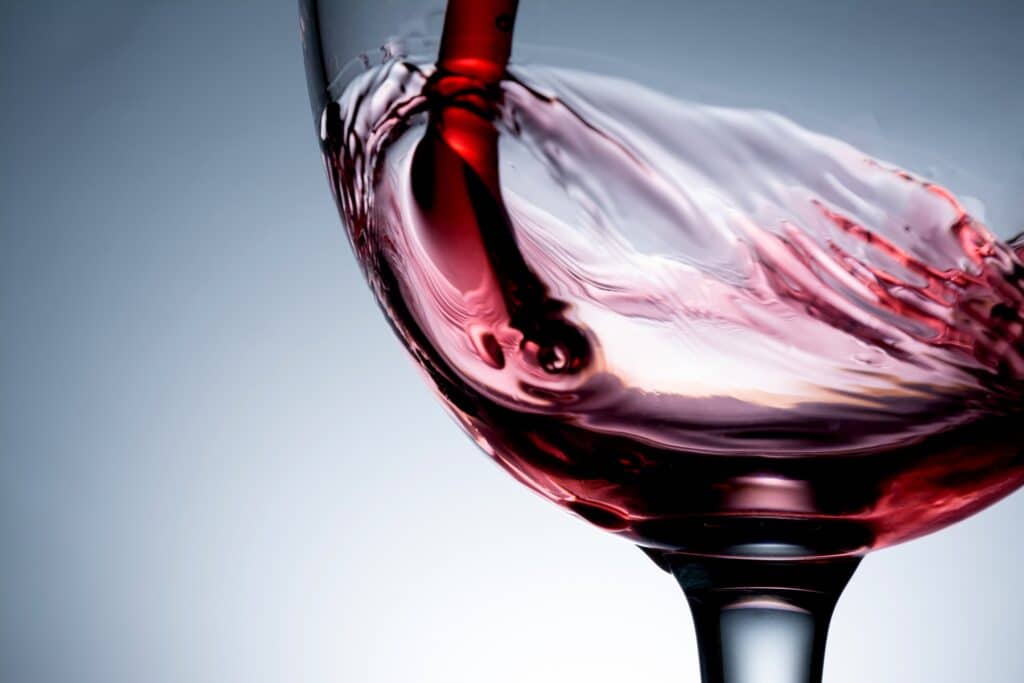When most people think of investments, the first thing that often comes to mind is a fast paced stock exchange floor bustling with people shouting, making odd hand gestures and throwing pieces of paper everywhere.
Perhaps this isn’t the picture you imagine if you’re less than middle aged; now it’s all tablets and data, but that’s all a very different world to the one of fine wine investments.
Fine wine is becoming increasingly popular as an alternative investment and for those who want to diversify their portfolio to establish greater stability.
Serious wine investors have known for a very long time just how lucrative investing in fine wines can be and is far more pleasurable than investing in intangible shares.
Fine wine consistently performs well as a stable asset and remains profitable for those with a strong collection.
You need to be a wine expert to invest in fine wines successfully
This is a common myth and is understandable because the world of wine can seem intimidating to those who are just taking their first foray into the wine world. There’s a reason why Master Sommelier’s train for years and why less than 10% pass the exam.
But to invest in wine, you do not need to be an expert because this is just like any other investment; you analyse which ones are performing well, which will hold their value and which ones have the potential to increase in the long term.
Working with a wine expert to help advise you, expand your knowledge and develop a collection is certainly going to help you ensure you invest wisely and that your investment will provide a good return.
You need to be wealthy to invest in fine wines
You do not need an enormous budget to invest in excellent wines that will steadily increase in value and provide a good return in the long term. We recommend investors start with a minimum of £5,000, certainly if starting a collection at home—still, ideally £10,000 to ensure enough diversity within the portfolio when developing a serious collection.
Wine doesn’t perform as well as other tangible assets
Fine wines often outperform other traditional investments and are considered a more stable investment, certainly in recent years. Considering the financial challenges of the global crash in 2008, the UK leaving the EU, and since a global pandemic, fine wines have held strong and even outperformed traditional stocks and shares investments as well as alternative assets.
In recent indexes, fine wine is up by 13%, performing better than classic cars, watches, handbags, jewellery and art.
According to Liv-Ex’s top Burgundy wines increased by over 76 per cent in the last five years, while the FTSE 100 fell by over 14 per cent in the same period. Worth noting that fine wines also regularly outperform gold.
Wine investments are volatile
The truth is that investing in fine wines is currently one of the least risky investments you can make. Historical data proves that there is far greater stability within the wine industry than other much more volatile global markets.
The point was proven in 2008 when the fine wine market dropped by around 10 per cent during the recession but then picked up again by the end of the following year recouping all its losses. The FTSE 100 fell by over 47 per cent and took over five years to regain its position.
In more recent months, the stock market took a nosedive early in 2020 due to the pandemic, but the fine wine market dipped by just 4 per cent and started to recover by the second quarter of 2020.
The truth is out. There is nothing to fear and everything to gain by collecting and investing in fine wines.

